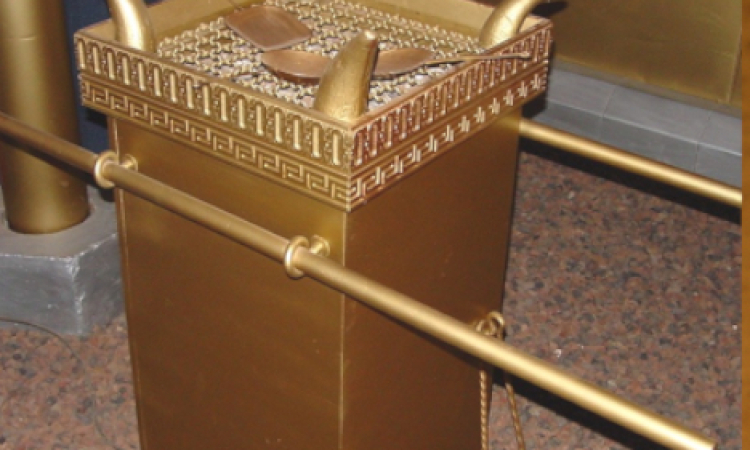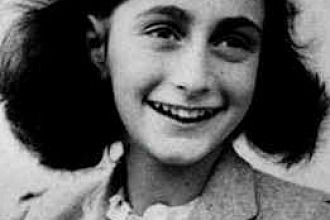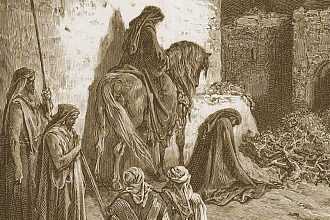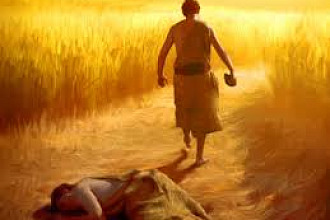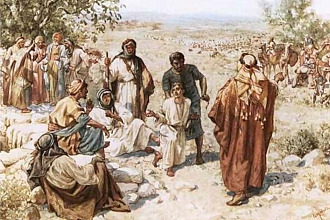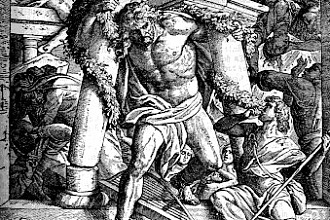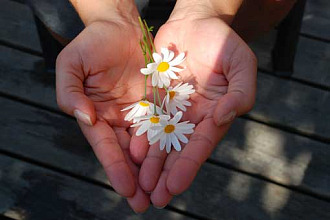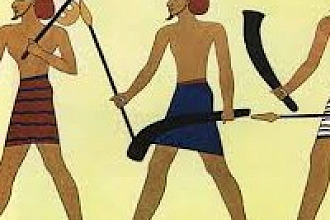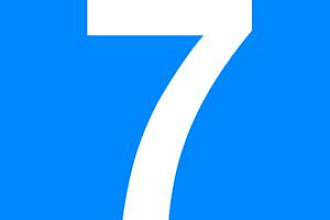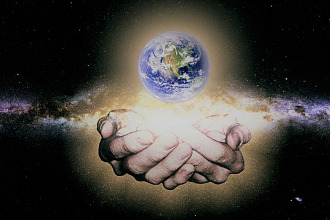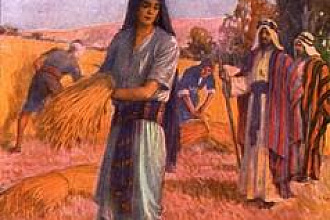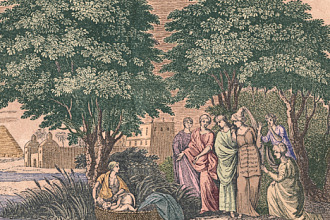One of the three pieces of furniture in the Holy Place of God's sanctuary is the Altar of Incense.
Made of acacia wood and covered with gold, it stood directly in front of the curtain that separated the holy place and the most holy place.
Every morning and evening the High Priest would place upon this altar some hot coals from the brazen altar as well as some sweet smelling incense. The smoke and smell of the incense would fill both of the compartments in the tabernacle. This is where, morning and evening, the High Priest would be praying for the people.
Only coals from the brazen altar were allowed to be burned there. One time Aaron's sons, while they were under the influence of alcohol, took fire that did not come from the brazen altar and tried to burn it on the Altar of Incense. Even though they were Aaron's sons and Moses' nephews, they died immediately.
You see, the coals from the brazen altar were coals that came as a result of a sacrificial animal being burned there for the forgiveness of sins. These coals had been covered with the blood of the sin offering. Our lives and our prayers are only acceptable to God when our sins are covered with the blood of the Messiah.
King David said, "If I regard iniquity in my heart, the Lord will not hear me." No matter how many good deeds we try to do on our own, it will not earn us forgiveness. Nor can we try to use our good deeds or mitzvahs to convince God to answer our prayers.
Isaiah, a Hebrew prophet, told us that "all our righteousness is as filthy rags." That is why the incense, which represents the righteousness of the Messiah, was added to the coals to make our prayers acceptable to God.
Just as the Jewish priests prayed for the people in the sanctuary, the Messiah Yeshua is praying for us right now in the sanctuary in heaven. Just as this service was done every morning and evening, we also should be bringing our prayers before God every morning and evening.
Picture originally found here

